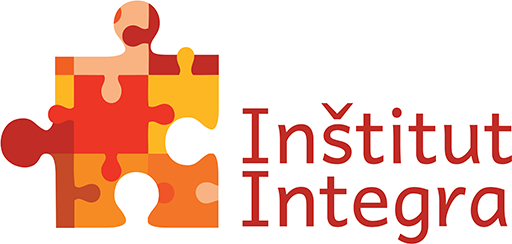
The escalating numbers of low income and unemployed young adults (18-35) constitutes a severe social problem in the European Union. This group makes up to 40 % of the total young adults in Europe. The OECD states that low income jobs and unemployment leave a “wage scar”, whereby people who are unemployed when they should be at the start of their career can suffer from lower than average wages for decades afterwards. Youth unemployment and low income also does further damage by undermining pension savings, placing millions of young people across Europe at risk of having an inadequate income when they are older.
Improving financial literacy skills of such a disadvantaged group in the EU society will have significant benefits for everyone, since good financial literacy skills help, in combination with other economic “life skills”, individuals to make the most of opportunities, meet their goals, secure their financial well-being, and contribute to the economic health of society.
In this context, there is a great need to equip those young adults with skills to manage their (minimum) income in a way that will sustain their quality of life and their financial and civic competences at decent levels. However, currently available financial literacy trainings are structured in theoretical terms such as “budgeting” or “stock market participation”. We believe that we must refer to real-life situations of these young people, if we want them to become more competent.
More information is available on the project website. or have a look at our YouTube video.


